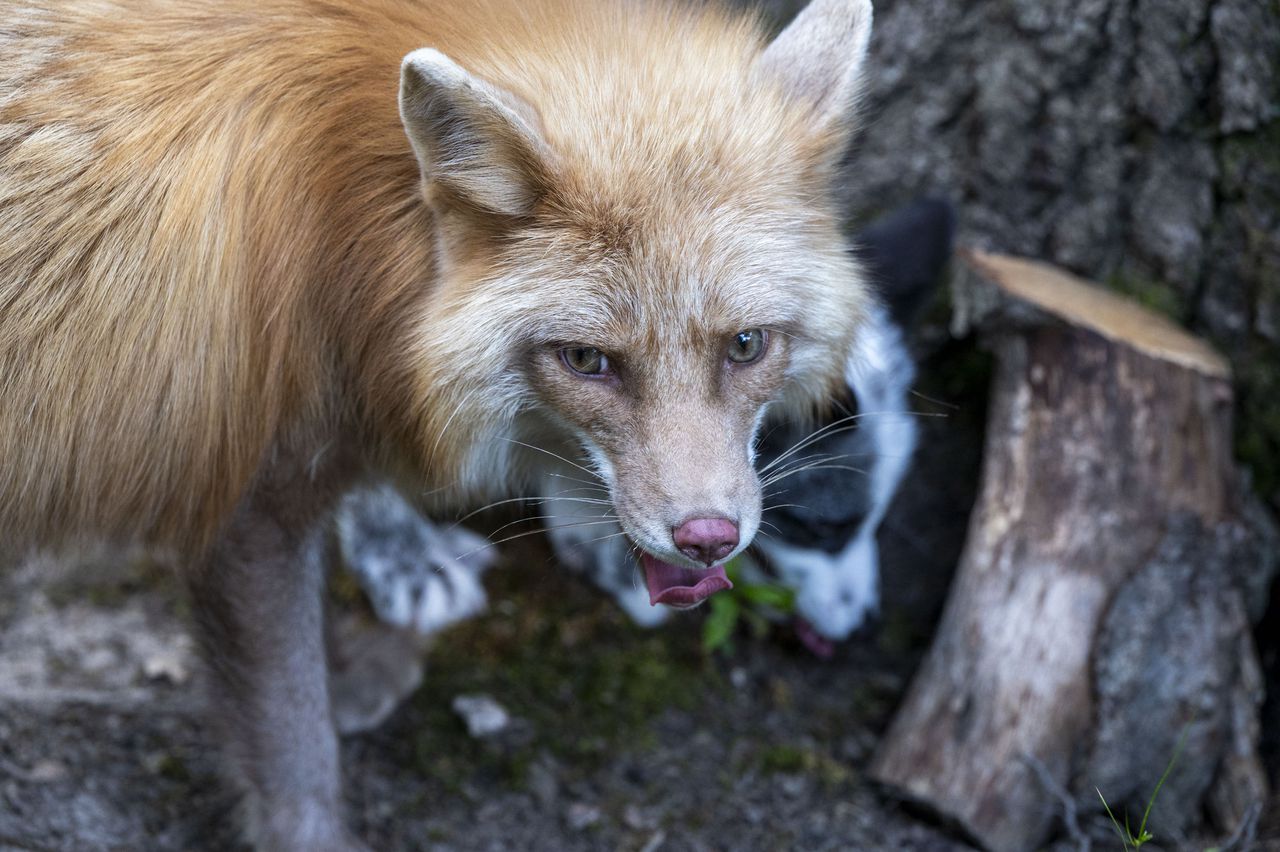Another animal in Alabama tests positive for rabies
Health officials are again stressing the importance of vaccines after a fox in Ashland was found to have rabies last week.
According to the Alabama Department of Public Health, the fox was reported to local law enforcement after it was seen acting strangely and stumbling. Police captured the animal and it tested positive for rabies. No other animals were known to be exposed but there were several unvaccinated domestic animals on the property where the animals was found.
The fox is having additional tests to identify the strain of rabies, ADPH said.
Wildlife, especially, raccoons, pose a risk of rabies to other animals and humans. The best protection is to keep your animal current on rabies vaccines.
“Vaccinating your animals against rabies is the best way to keep your pets protected from the deadly virus. Animal vaccinations also help protect people. People are often exposed when the animal first becomes sick and before rabies can be confirmed,” State Public Health Veterinarian Dr. Dee Jones said.
The latest report comes after ADPH confirmed a cat with rabies exposed four members of a family in Russell County and 11 staff members at an Opelika veterinary hospital. In a separate case, a raccoon with rabies was identified in Lee County.
Alabama law requires all dogs, cats, and ferrets to be vaccinated at 3 months of age and annually unless they receive a three-year rabies vaccine. The first rabies vaccination is only good for one year regardless of which vaccine a pet gets.
To avoid possible exposures to rabies:
- Do not let pets run loose, confine pets in a fenced-in area or with a leash.
- Do not leave uneaten pet food or scraps near your residence.
- Do not illegally feed or keep wildlife as pets.
- Do not go near wildlife or domestic animals that are acting in a strange or unusual manner.
- Caution children not to go near any stray or wild animal, regardless of its behavior.
